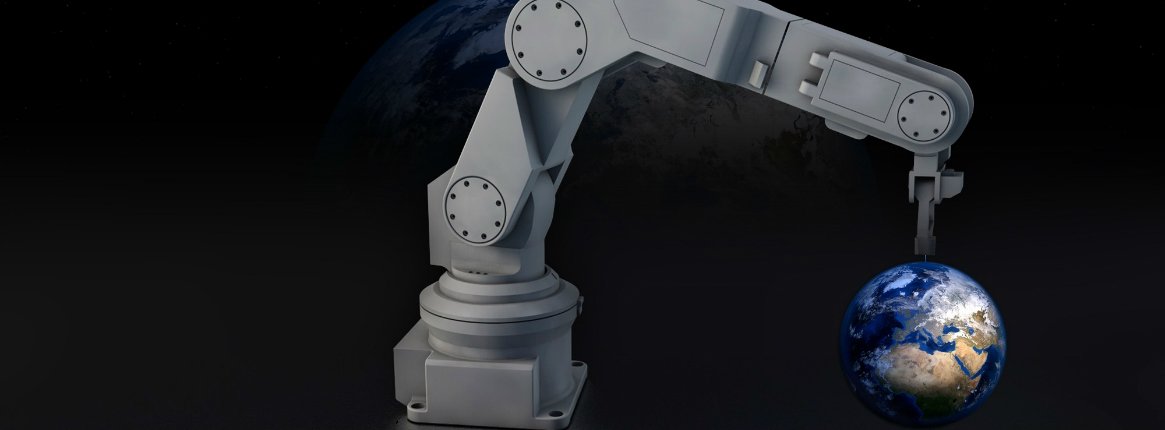What is Servitization?

Servitization, the alternative solution
In today’s business world, competition is greater than ever before. As a consequence, manufacturers are finding it increasingly difficult to differentiate with their products alone and need to find alternative solutions. This is why more and more companies are developing new business models that add a services dimension to their existing product offering. This process is known as servitization.
Servitization has been described by Professor Andy Neely, Pro-Vice-Chancellor for Enterprise and Business Relations at the University of Cambridge, as a transformation journey in which firms develop the capabilities they need to provide services and solutions that supplement their traditional product offerings. To elaborate further, Professor Neely and colleagues at Cranfield University defined servitization as “the innovation of an organisation’s capabilities and processes to better create mutual value through a shift from selling product to selling product-service systems”.
Some examples of manufacturing companies that have developed these product-service systems can be found at: http://www.emeraldgrouppublishing.com/realworldresearch/strategy_growth/what-is-servitization-of-manufacturing.htm
Maintain a competitive advantage
Manufacturers that have adopted this approach have found that it enables them to maintain a competitive advantage in an ever-increasing competitive environment, arising from globalisation, customisation, commoditisation, pricing pressures and faster turnaround times. However, it is not a straight forward solution, because there are many elements within a business that must be considered when transforming in to a product-service provider.
Any manufacturer that takes this path of transformation will face critical challenges but, with appropriate guidance and the development of an innovative and progressive strategy, the potential for value creation is not to be underestimated.
The drive towards digital
When faced with market challenges, the traditional approach of product-based businesses is to try and identify efficiency gains within their manufacturing processes or to reduce time to market through product development. However, studies have shown that transforming from a product-based business that manufactures and sells products, to a product-service provider that has a blend of selling products and supplemental services, can have a dramatic effect on revenue and profit. (https://implementconsultinggroup.com/servitisation/).
Many manufacturing businesses are now looking towards IoT (Internet of Things) and Industry 4.0 (the fourth industrial revolution) as a guide to the emerging technologies that will facilitate this transformation. The underlying benefits are driven by the introduction of digital technologies and the digitalisation of their businesses. Harnessing the power of the digital domain introduces the efficiencies sought by manufacturers and provides tangible benefits through smart technologies. However, digitalisation and servitization cannot deliver transformation in themselves, it is essential that a coherent digital marketing strategy accompanies them. This will enable the manufacturer to disseminate a clear vision to existing and potential customers of the product-service offering, but will also deliver the analytics to assess the performance of their transformational activities.
Aston Business School specialises in servitization, providing training and education to a global network of like-minded professionals.
You can find out more about digital marketing and servitization by checking out our blog post.


